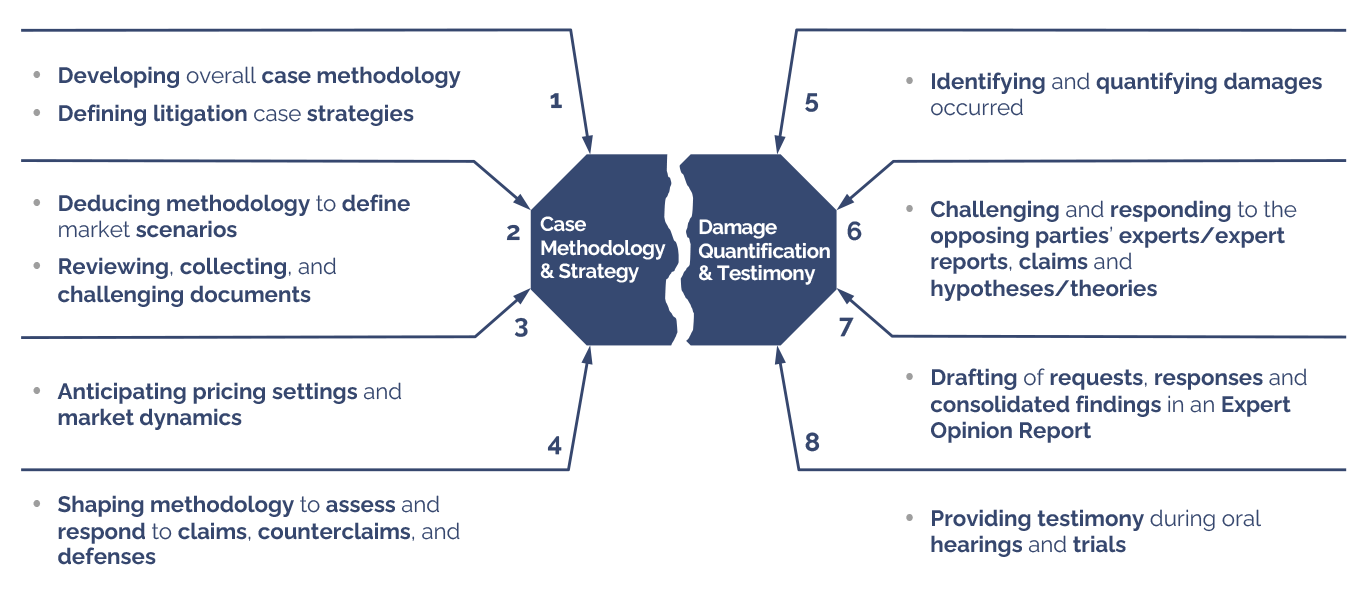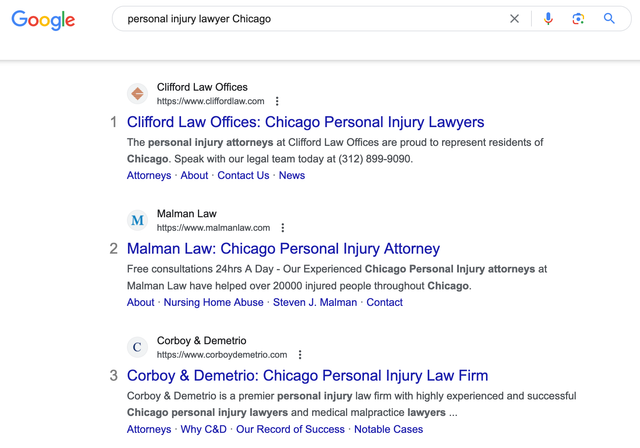
Navigating the Legal Landscape: A Guide to Effective Litigation Tactics
Legal disputes often require strategic navigation of the litigation process. Successfully implementing litigation tactics is crucial for achieving favorable outcomes. In this comprehensive guide, we explore key strategies and tips for mastering litigation tactics in various legal scenarios.
Understanding the Essence of Litigation Tactics
Litigation tactics involve the art and science of developing and executing strategies to achieve desired legal outcomes. Whether in civil or criminal cases, understanding the essence of litigation tactics sets the stage for effective advocacy. It encompasses a range of skills, from legal research to courtroom presentation.
Strategic Case Analysis: Foundation for Success
Before diving into tactics, a thorough analysis of the case is essential. This includes understanding legal precedents, identifying strengths and weaknesses, and formulating a strategic plan. A well-grounded case analysis serves as the foundation for implementing effective litigation tactics.
Legal Research and Preparation: Building a Solid Framework
Legal research is the backbone of successful litigation. Thoroughly research relevant statutes, case law, and legal doctrines to build a solid framework for your case. A well-prepared litigator armed with comprehensive legal knowledge is better equipped to navigate the complexities of the legal landscape.
Strategic Pleadings: Setting the Tone
The initial pleadings in a case set the tone for the entire litigation process. Carefully draft complaints, answers, and motions to establish a strong legal position. Strategic pleadings not only frame the legal issues but also guide the direction of the case.
Effective Discovery Techniques: Uncovering Key Information
Discovery is a critical phase in litigation, allowing parties to gather evidence from each other. Effective discovery techniques involve strategic interrogatories, document requests, and depositions to uncover key information. Thorough discovery can uncover hidden facts and provide a strong foundation for trial preparation.
Witness Preparation and Examination: Shaping Testimony
Witnesses play a pivotal role in litigation. Effective preparation and examination of witnesses are essential for shaping their testimony. This includes anticipating cross-examination challenges and ensuring that witnesses present a compelling and credible narrative.
Motions Practice: Shaping Legal Arguments
Strategic motions practice is a key litigation tactic. From motions to dismiss to summary judgment motions, shaping legal arguments through motions can significantly impact the trajectory of a case. Well-crafted motions can lead to favorable rulings and streamline the litigation process.
Negotiation and Settlement Strategies: Exploring Alternatives
While litigation is often adversarial, exploring negotiation and settlement strategies is a pragmatic approach. Litigators should be adept at alternative dispute resolution methods, such as mediation or settlement conferences. Knowing when to negotiate and securing favorable settlements can be a strategic litigation tactic.
Trial Advocacy: Presenting a Compelling Case
For cases that proceed to trial, effective trial advocacy is paramount. This involves presenting a compelling case through opening statements, witness examinations, and closing arguments. A litigator’s ability to engage the judge or jury and effectively communicate the legal narrative is crucial for success.
Ongoing Professional Development: Staying Ahead in Litigation Tactics
The legal landscape evolves, and successful litigators stay at the forefront of these changes. Ongoing professional development, attending legal seminars, and staying informed about legal trends contribute to a litigator’s continued success in implementing effective litigation tactics.
Litigation Tactics Implementation Strategies Strategies Tips: Highpoint Family Law
For litigators seeking expert advice on implementing effective litigation tactics, consulting specialists is invaluable. Highpoint Family Law (highpointfamilylaw.com) offers valuable insights and expertise to navigate complex legal matters. Their experienced team can provide tailored advice to meet the unique challenges of your litigation case.
In conclusion, mastering litigation tactics is a dynamic and continuous process. By understanding the essence of litigation tactics, conducting thorough case analysis, and implementing effective strategies throughout the legal process, litigators can enhance their advocacy skills and achieve successful outcomes for their clients.








